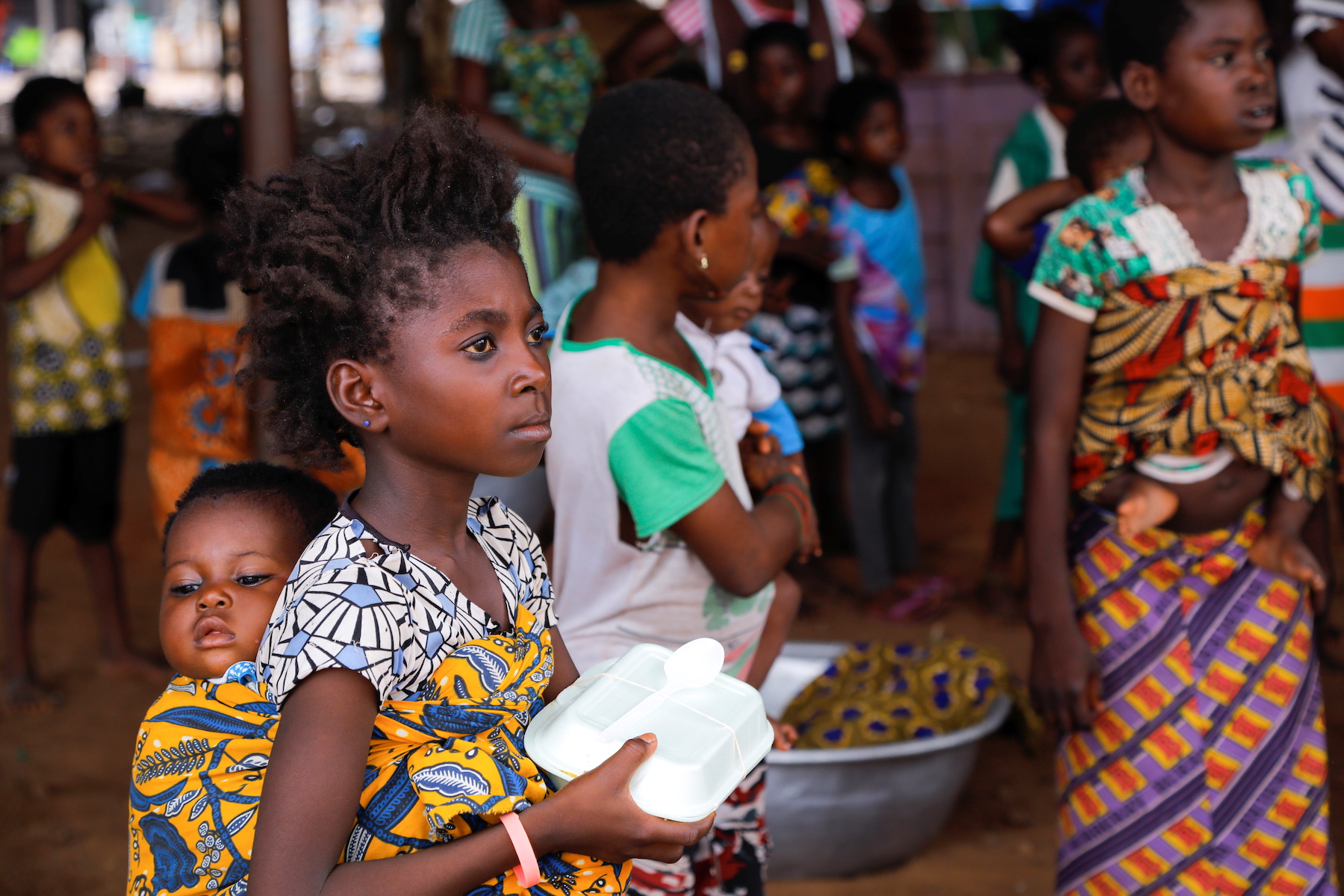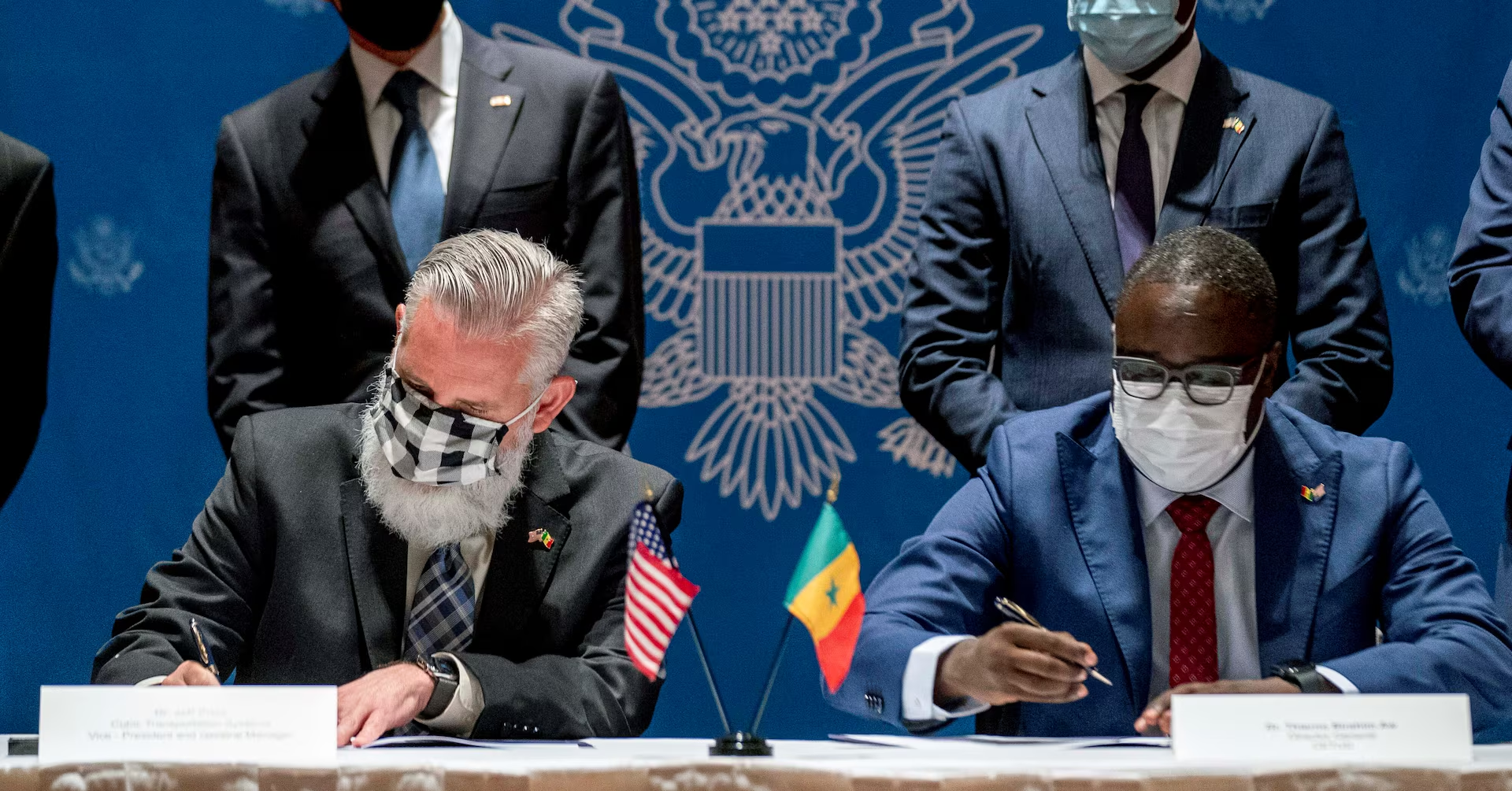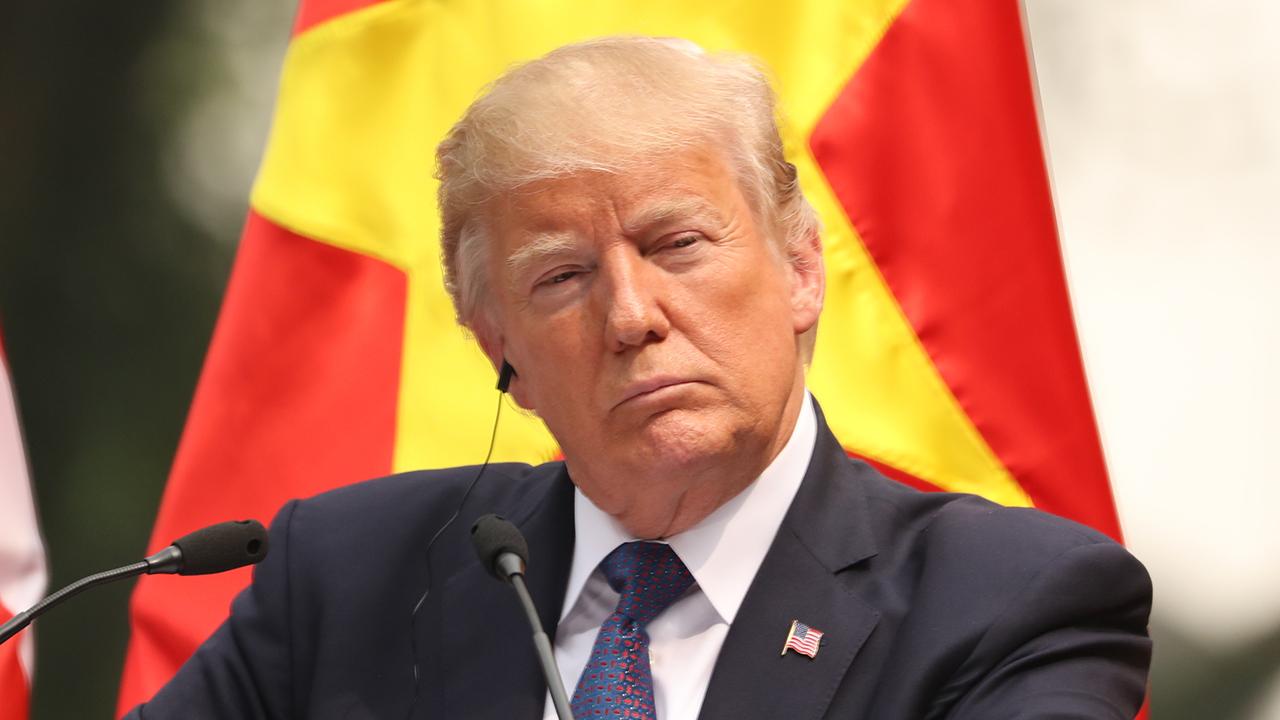The recent dismantling of the United States Agency for International Development (USAID) under the Trump administration marks a catastrophic shift in U.S. foreign policy towards Africa. As reported by The Voice of Africa, the closure of this 63-year-old institution, which allocated 40% of its budget to sub-Saharan Africa, signals a stark abandonment of American commitment to the continent"s development needs.
Africa Faces a Humanitarian Crisis
The ramifications of this closure are dire. Many communities across sub-Saharan Africa depend heavily on foreign aid for essential services such as health care, food security, and nutritional support. According to Nature, the absence of USAID"s critical funding threatens to exacerbate existing vulnerabilities, leaving millions at risk of malnutrition and disease. This is not just a bureaucratic shift; it"s a humanitarian crisis brewing on a massive scale.
Trump"s Travel Ban Targets African Nations
The Trump administration"s recent travel ban, affecting ten African countries among others, compounds this neglect. As detailed by BBC, the rationale behind this ban—framed as a security measure—belies a deeper contempt for African nations, painting them as threats rather than partners. This narrative is not only harmful but fundamentally misrepresents the reality on the ground.
Military Engagement vs. Development Aid
While USAID has been dismantled, the military presence in Africa continues to grow through AFRICOM, which is now promoting an “African-partner-led” approach to security. However, as reported by The New York Times, this strategy raises questions about the true priorities of U.S. foreign policy in the region. Is America interested in genuine partnerships for development, or is it focused on military solutions that often lead to further instability?
\n\n
Africa"s food crisis is the biggest yet – five reasons why
The Expiration of the African Growth and Opportunity Act
Another critical development is the impending expiration of the African Growth and Opportunity Act (AGOA) on September 30, 2025. This legislation has been a lifeline for many African economies by granting them duty-free access to U.S. markets. The loss of AGOA would be devastating, as it has fostered economic growth and job creation in numerous African nations. The implications of this expiration are grave, as nations that have depended on this access may see their economies plunge into recession.
A Pattern of Neglect and Disregard
The current administration"s actions reflect a broader pattern of neglect towards Africa. The lack of senior appointments for Africa-related posts in the State Department further underscores this disregard. The absence of leadership and vision will only deepen the chasm between the U.S. and African nations, which have historically looked to America for partnership and support.
\n\n
Blinken says U.S. investing in Africa without unsustainable debt | Reuters
The Impact on Democracy and Governance
The consequences of Trump"s policies extend beyond mere economic considerations; they pose a significant threat to democracy and governance across the continent. As reported by The Voice of Africa, the closure of USAID undermines efforts to promote democratic governance and human rights—key components of U.S. foreign policy in Africa. The void left by the absence of aid will likely empower authoritarian regimes, further eroding democratic institutions.
Conclusion: A Call for Progressive Action
This alarming trajectory calls for a renewed commitment from progressive leaders and activists to advocate for a comprehensive and humane U.S. foreign policy that prioritizes the rights and needs of African nations. The stakes have never been higher, and it is imperative to challenge the prevailing narrative that reduces Africa to a mere backdrop for military operations and economic exploitation.

President Trump delivers remarks at joint press conference | Fox News Video


![[Video] Heavy clashes and gunfire reported in Baghdad, Iraq](/_next/image?url=%2Fapi%2Fimage%2Fthumbnails%2Fthumbnail-1768342239932-848qsh-thumbnail.jpg&w=3840&q=75)




![[Video] Gunfire between Iraqi security forces and Sadr militias in Baghdad](/_next/image?url=%2Fapi%2Fimage%2Fthumbnails%2Fthumbnail-1768343508874-4redb-thumbnail.jpg&w=3840&q=75)
